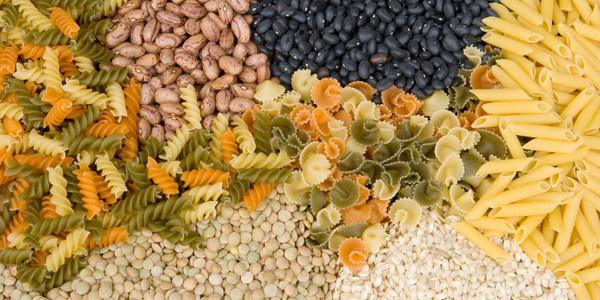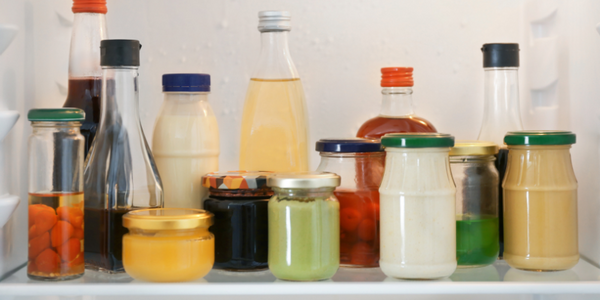Posted on May 19 2020

Are you a coffee lover? If so, you appreciate making a brew from freshly roasted beans. Whole beans have to be stored properly, though, and if you get the process wrong, your beverage will be unappetizing. Here's how to store fresh beans the right way so you can enjoy a cup of delicious, unspoiled coffee when you desire.
Four environmental antagonists can ruin coffee if you aren't careful. Heat, light, moisture, and air are coffee bean's archenemies, so protect your java from them.
The first step is to store the beans in a dark, airtight container. If you choose to store the coffee beans in a glass container, keep it away from the light. A glass container or canister of coffee beans should be kept in a cabinet or pantry.
Vacuum sealing and freezing your coffee beans is an excellent way to store your beans. If you vacuum seal coffee and store it in your pantry, the coffee will release carbon dioxide gas. The gasses will fill up the bag, no longer creating a tight vacuum seal. You must freeze your beans to slow down or stop the beans from outgassing when vacuum sealing in traditional vacuum seal bags. (Many vacuum sealed beans from the store are sealed in one-way valve bags that allow the gases to release while still keeping the vacuum.) Freezing will keep the vacuum seal on your coffee beans, keep moisture away, limit light exposure, decrease air movement and reduce temperature fluctuations.
Consider putting portion-sized amounts into your vacuum sealed bags. You won't expose all your beans to air and moisture when it's time for a cup of joe. Take out a bag of beans from the freezer the night before you want them so they are at room temperature before you make a brew.
People often want to keep coffee beans in their fridge, but experts don't recommend doing so. Fridges contain damp foods with odors that can devastate the beans.
Remember, coffee beans will deteriorate fast when hot. Keep them away from the oven and other sources of heat.
If you love coffee, you deserve a brew made from properly stowed whole beans. As they are chemically reactive and decay over time, protect your beans from air, moisture, heat, and light so your java's in the best possible condition and remains aromatic and appetizing.
Also check out: For the Coffee Connoisseur: How to Roast and Grind at Home
Related Posts

Stock Your Pantry with Long Shelf Life Foods

Are You Supposed to Store Condiments in The Refrigerator or In the Pantry?



0 comments